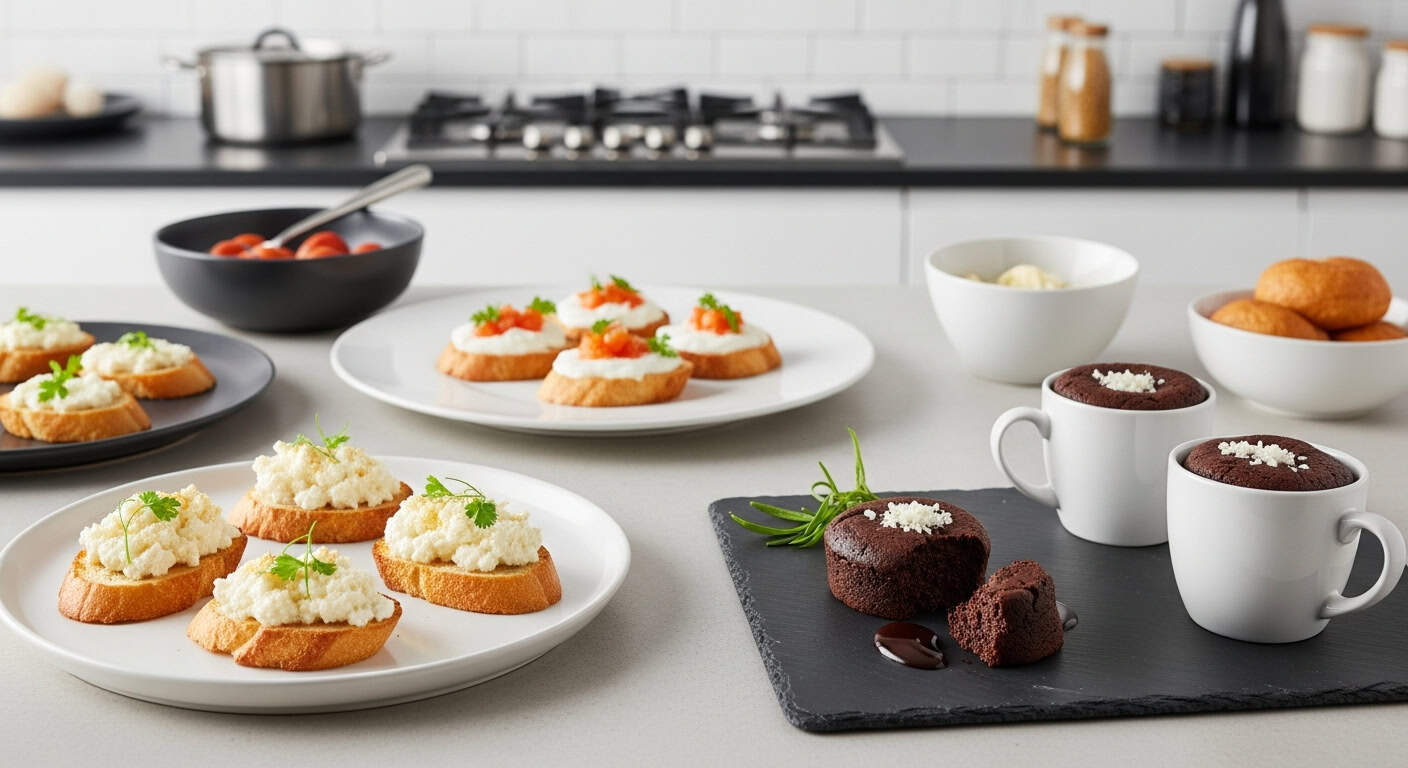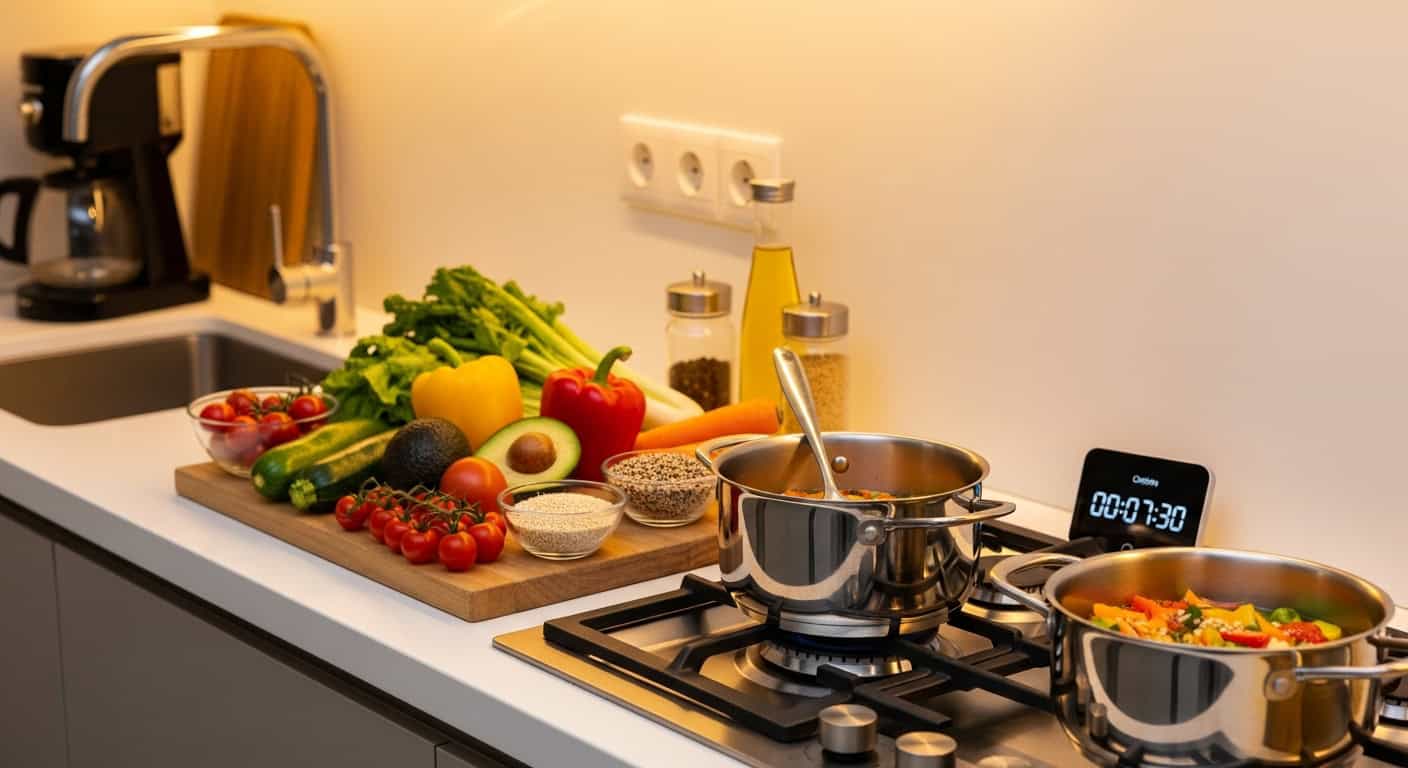Why Cooking at Home Can Improve Both Health and Happiness
In recent years, home cooking has experienced a remarkable revival, captivating people eager to improve their health and enrich their daily lives. Preparing your own meals offers more than just financial savings—it unlocks a range of benefits, from better nutrition to enhanced emotional well-being and closer family bonds.
This guide explores how making meals at home can lead to tangible improvements in your physical and mental health and shows you practical steps to begin reaping these rewards.
The Benefits of Cooking at Home

Home-cooked meals are linked with improved nutrition, healthier body weight, and heightened happiness. By preparing your own food, you gain full control over ingredients and portion sizes, reducing the risks of excess calories, sodium, and unhealthy fats found in restaurant fare.
Cooking at home also fosters mindful eating habits and allows for customization based on dietary needs. Additionally, the act of cooking can serve as a form of stress relief and creative expression. For more on the nutritional and psychological benefits, visit EatingWell and NCBI research.
Plan Nutritious Meals Ahead
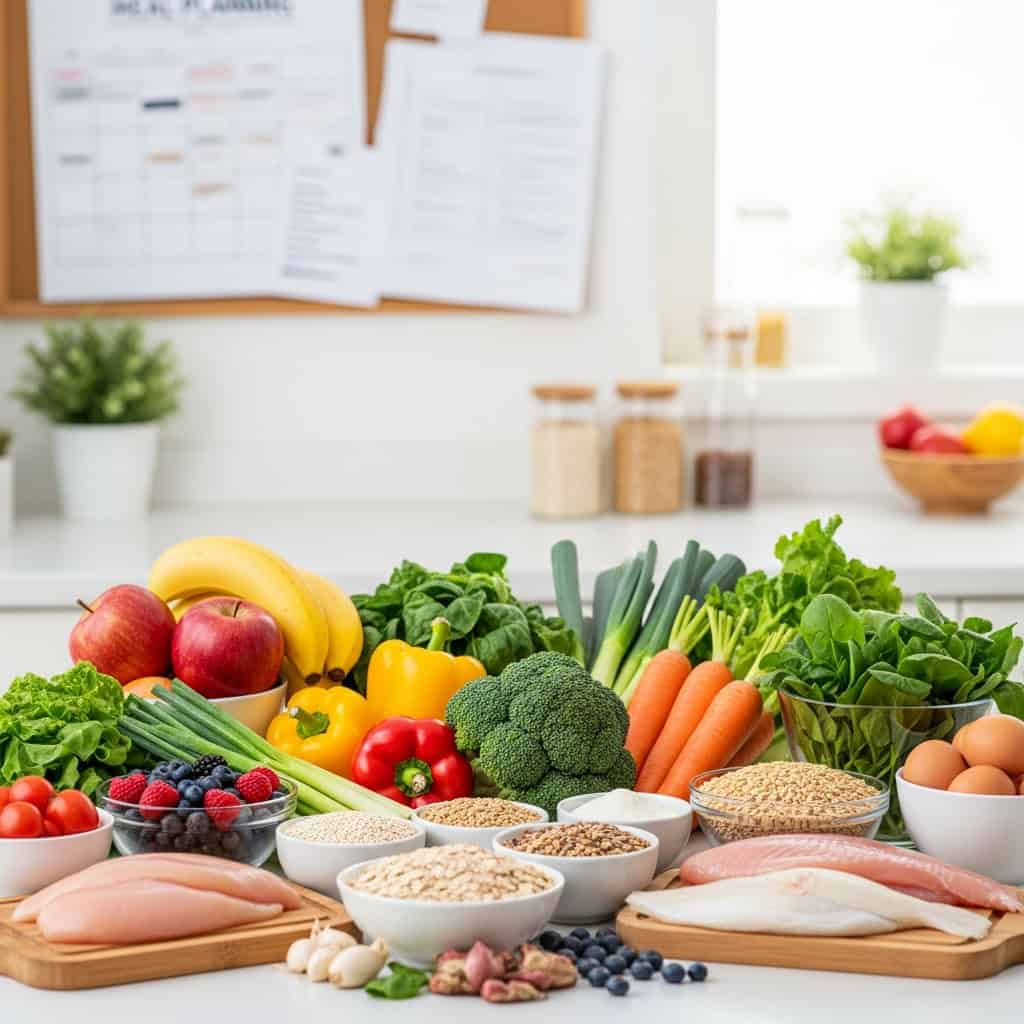
Effective meal planning is essential for maintaining a healthy and enjoyable home-cooking routine. By selecting nutritious recipes and organizing shopping lists, you ensure that your kitchen is stocked with wholesome ingredients, reducing the temptation for unhealthy takeout.
Aim to include a variety of fruits, vegetables, whole grains, and lean proteins in your weekly plan. Tools like MyPlate and the Academy of Nutrition and Dietetics offer guidance for balanced meal creation, helping you support your well-being and happiness with every home-cooked dish.
Shop Smart for Fresh Ingredients

Shopping wisely is key to maintaining a healthy home-cooking routine without overspending. Prioritize whole foods and seasonal produce, which are often more affordable and nutrient-rich. Learn to read nutrition labels to avoid added sugars, sodium, and unhealthy fats commonly found in processed foods.
Planning your shopping list around local farmers’ markets and weekly grocery specials can help you find fresher options while saving money. For more tips on smart grocery shopping, visit EatRight.org and CDC Food Shopping Tips.
Create a Welcoming Cooking Environment
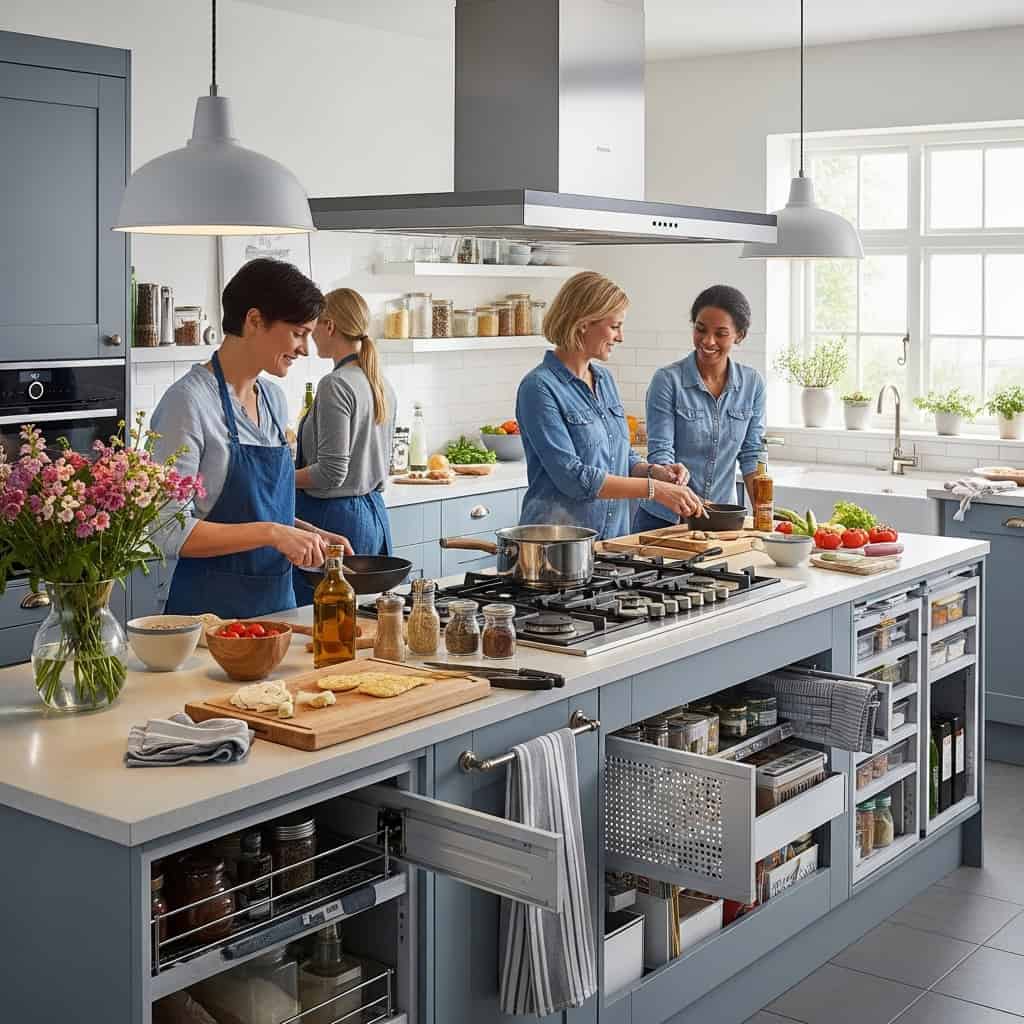
An organized, inviting kitchen can transform cooking from a chore into a joyful experience. Arrange utensils and ingredients for easy access, and invest in storage solutions to keep your workspace clutter-free. Good lighting, cheerful music, or even fresh flowers can help foster a positive mood.
Encouraging loved ones to join in the process builds connections and makes meal preparation more enjoyable. For more ideas on setting up a functional and happy kitchen, explore resources from The Kitchn and Real Simple.
Develop Basic Cooking Skills
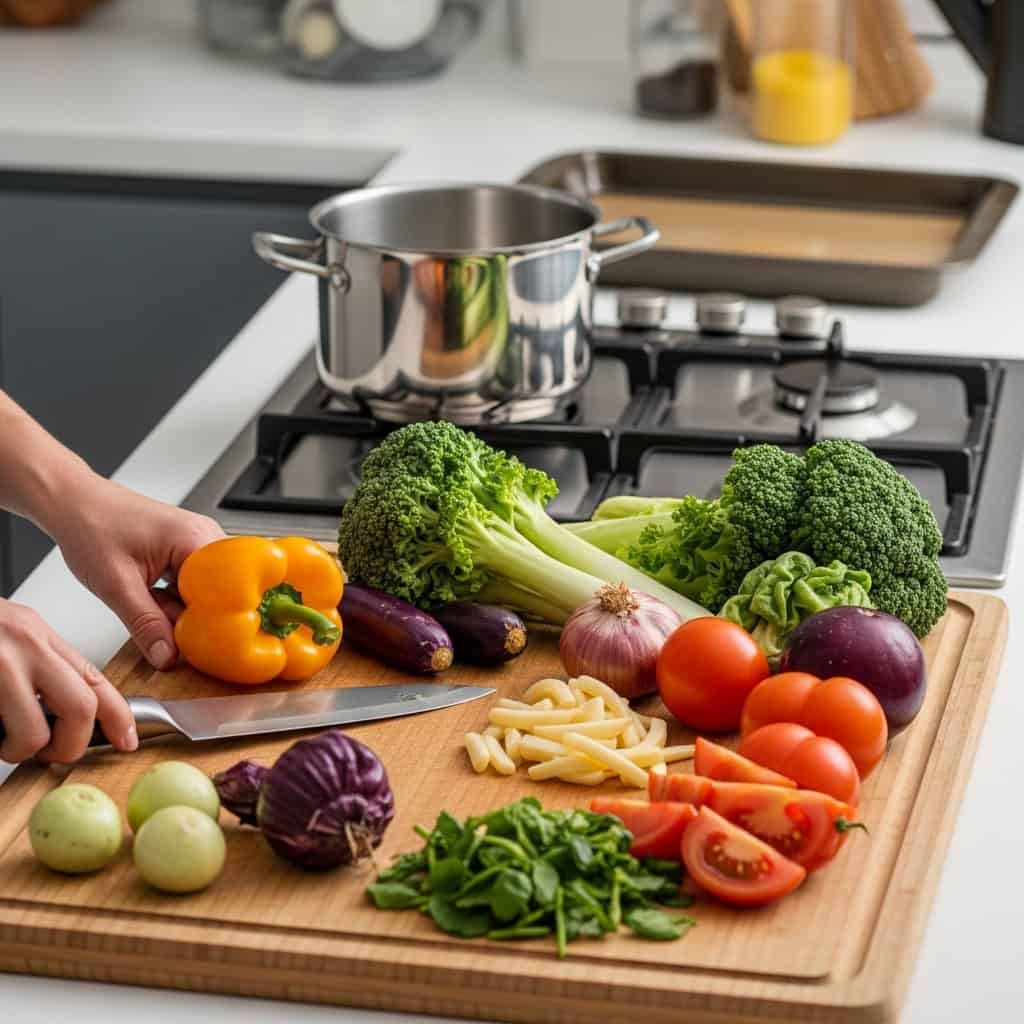
Building foundational cooking skills is crucial for making home cooking enjoyable and stress-free. Start by mastering simple techniques like chopping vegetables, sautéing, boiling, and basic baking.
Begin with easy recipes that require minimal ingredients and steps, then gradually expand your repertoire as your confidence grows. Numerous free tutorials and classes are available online, such as those from BBC Good Food and Allrecipes. As your skills improve, cooking will become more approachable, creative, and fun for everyone involved.
Involve Family or Friends
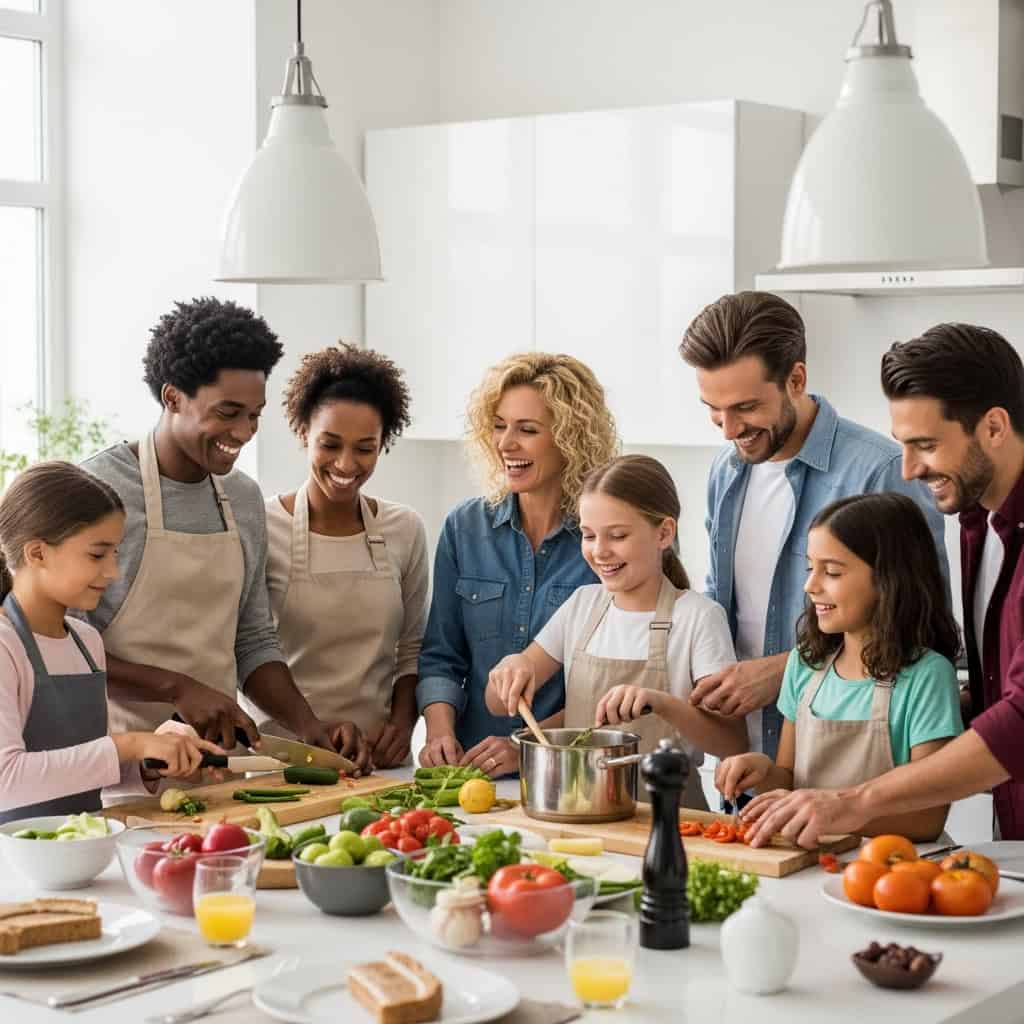
Including family or friends in meal preparation transforms cooking into a shared, rewarding experience. Assigning age-appropriate tasks, such as chopping, stirring, or setting the table, encourages teamwork and responsibility.
Sharing responsibilities not only makes the process more efficient but also deepens bonds and creates cherished memories. Cooking together offers opportunities for laughter, learning, and meaningful conversations. For more inspiration and practical tips on collaborative cooking, explore guides from Verywell Family and Good Housekeeping.
Practice Mindful Eating Habits
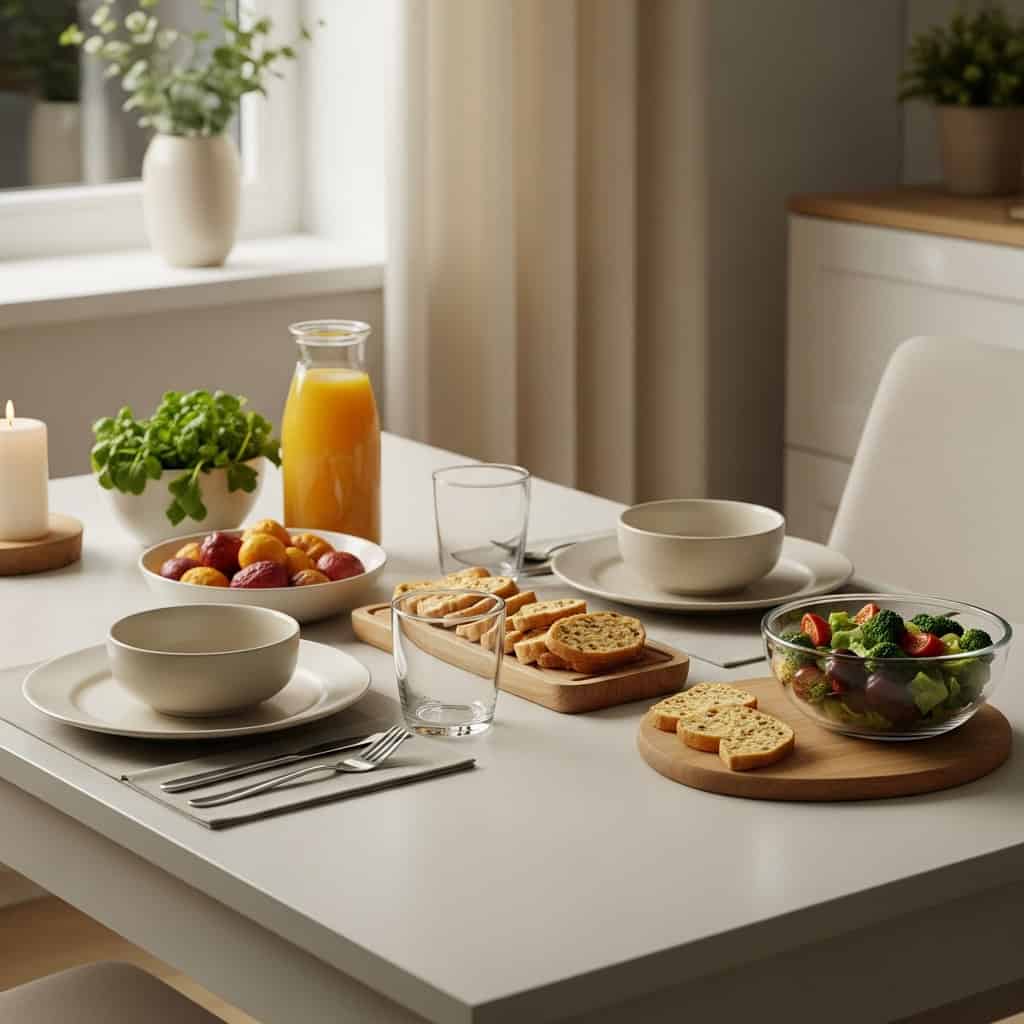
Mindful eating encourages you to slow down, savor every bite, and truly appreciate your meals. By eliminating distractions, focusing on flavors, and engaging in mealtime rituals, you can enhance satisfaction and build a healthier relationship with food.
Mindful practices help prevent overeating and promote better digestion, leading to improved well-being. Consider setting the table, expressing gratitude before eating, and chewing slowly to fully experience each meal. For techniques and benefits of mindful eating, visit Healthline and Mindful.org.
Celebrate Progress and Make Cooking a Habit
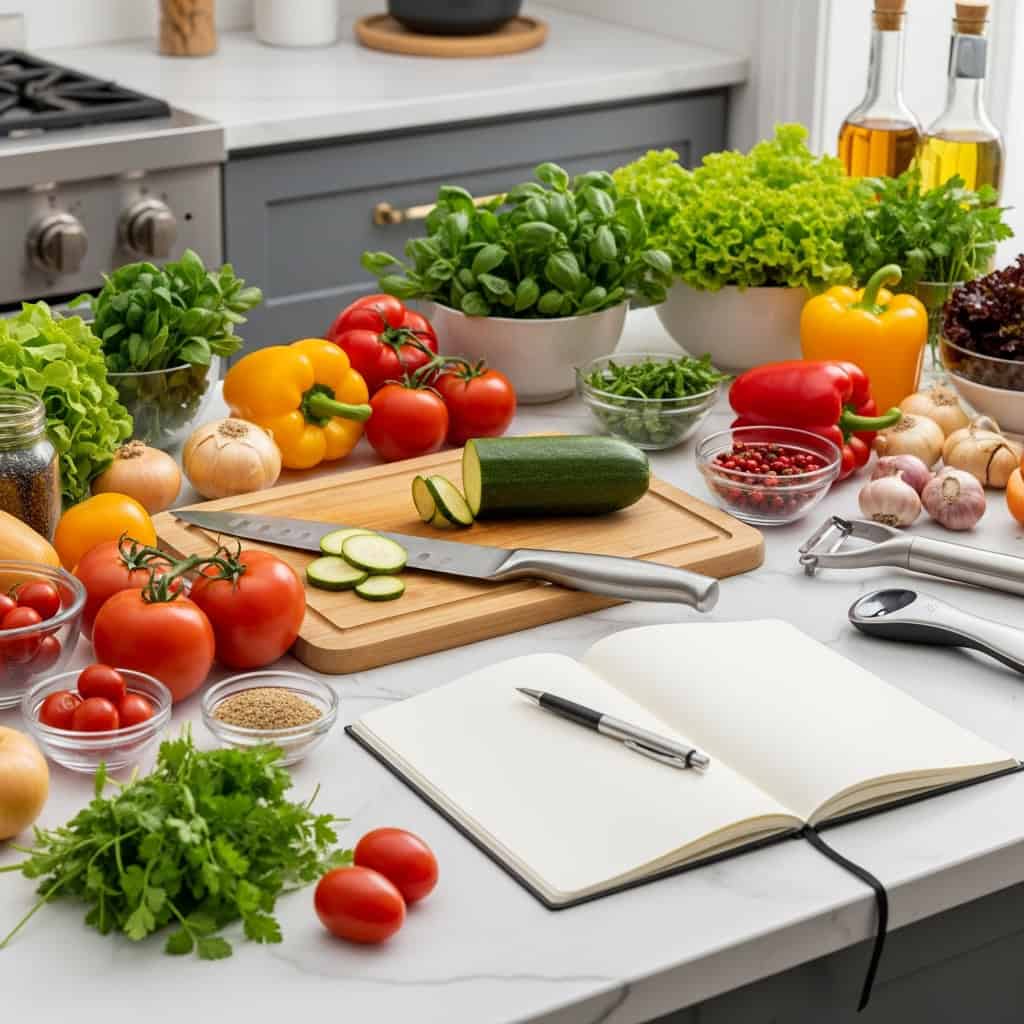
Turning home cooking into a lasting habit begins with recognizing and celebrating your achievements, no matter how small. Keep a journal of new recipes tried or healthy choices made, and reward yourself for consistency—perhaps with a special ingredient or new kitchen tool.
Enjoy the journey by inviting variety and creativity into your meals. Staying motivated is easier when you focus on the positive changes in your health and happiness. For more tips on building healthy habits, visit James Clear and Psychology Today.
Conclusion
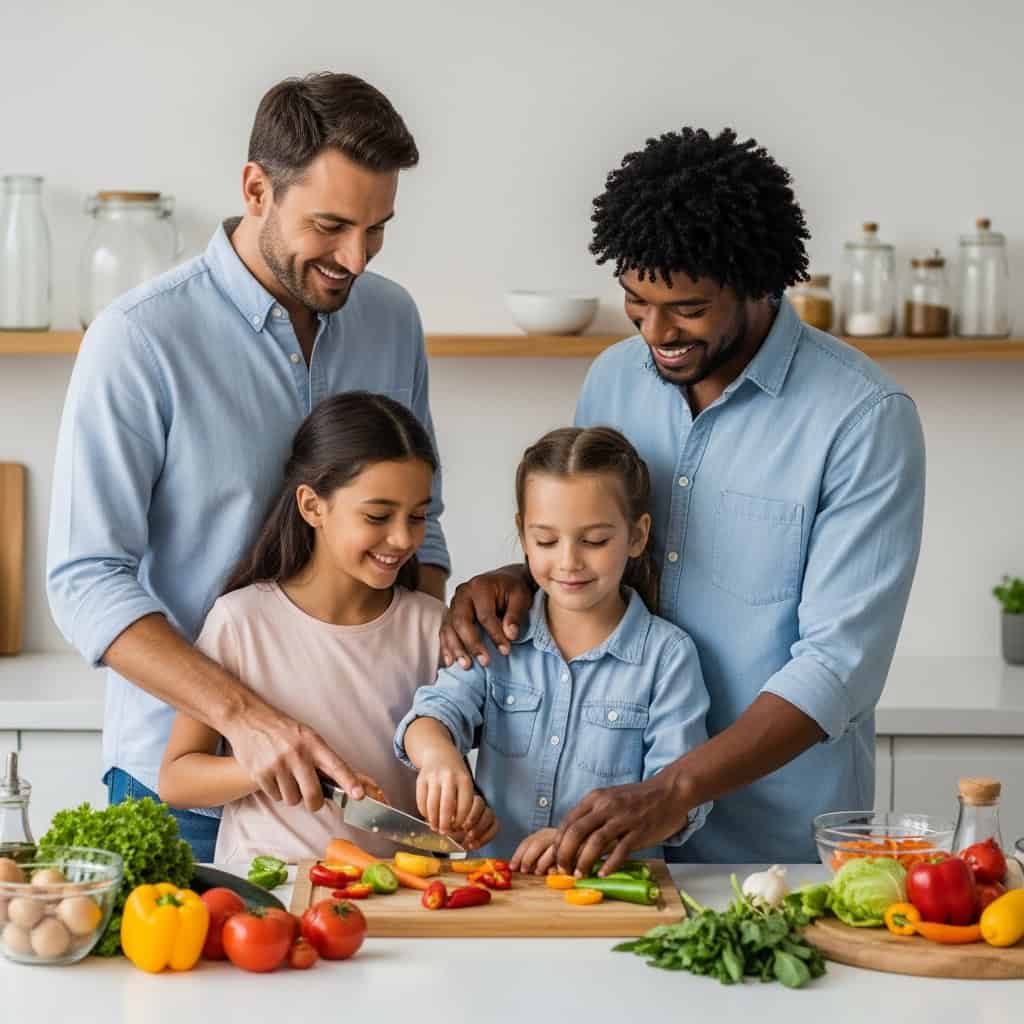
Embracing home cooking offers a pathway to improved health, deeper relationships, and greater happiness. By preparing nutritious meals, planning ahead, and involving loved ones, you can transform daily routines into rewarding experiences.
Small, consistent steps—like practicing mindful eating and celebrating progress—help make these changes sustainable. The journey not only benefits your physical well-being but also nurtures emotional connections and joy. For further motivation and guidance, explore resources from Harvard Nutrition Source and Blue Zones.



